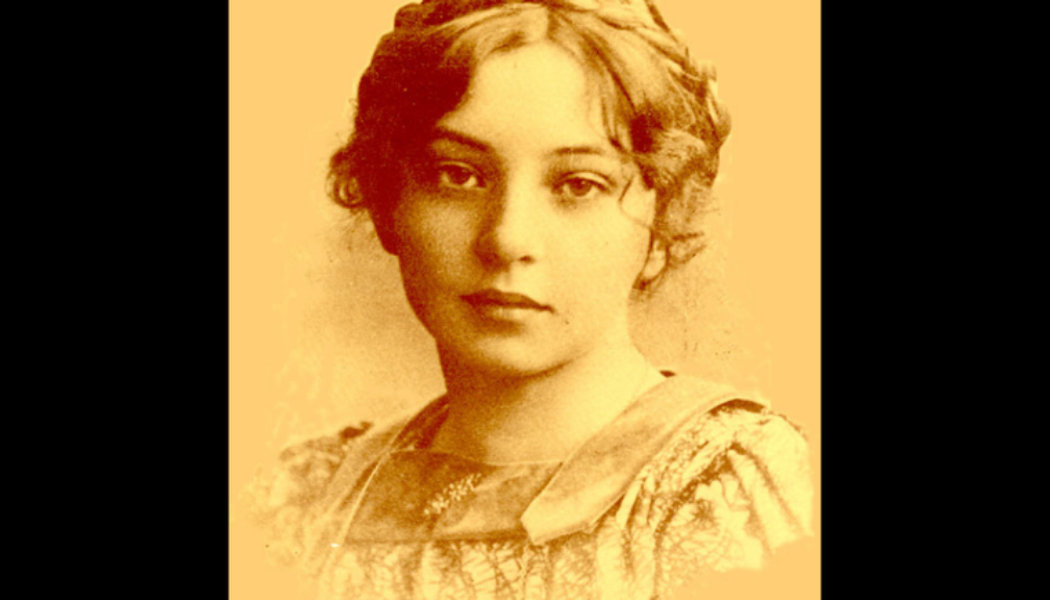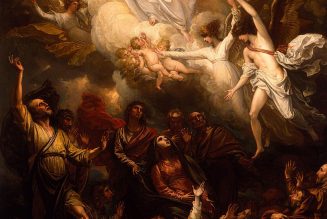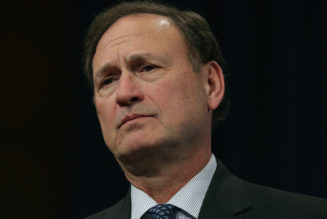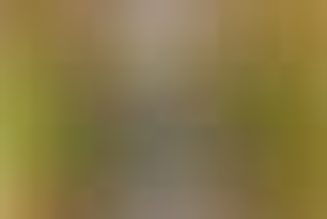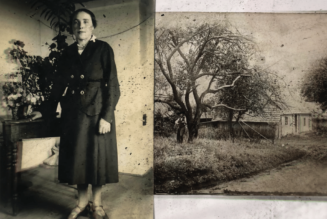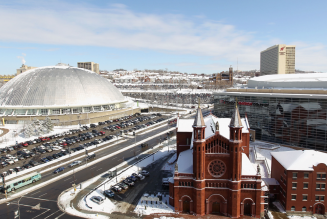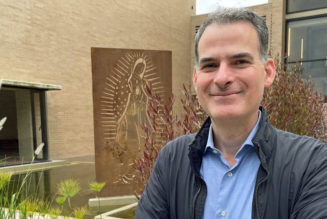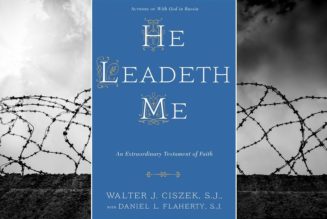
COMMENTARY: The Nobel laureate discovered that ‘only a supernatural intervention can save us from ourselves. The Christian Church teaches that Christ was Himself this intervention.’
It’s a “This, not that” kind of convert story. Sigrid Undset entered the Church in 1924, having already become famous for the novel Kristin Lavransdatter, a profoundly Catholic story set in medieval Norway. She received the Nobel Prize in literature four years later. She told the story in an essay titled “Beyond Human Limitations,” in which she made devastatingly clear what mistakes she rejected on the way to the Catholic Church.
It appeared in 1939 in a book called Through Hundred Gates: By Noted Converts From Twenty-Two Lands. The 41 stories include only a few people American readers will recognize: Chesterton, Undset, and Paul Claudel — and Knute Rockne, whose story is titled “Cross the Goal Line.” The others tell mostly fascinating stories, many of them conversions from lives very different from ours. You can find the book on Internet Archive.
Modern Man’s False Hope
Undset begins her story with modern man’s “hope that it will be impossible for mankind to find Absolute Truth.” Moderns hope that “because they imagine that life would lose all its enchantment and there would be an end to our freedom, if a truth should really exist.” They want to live in a “Dreamland,” because it offers a “glorious freedom to transfer ourselves into a world whose system and quality we ourselves decide.”
That means they don’t want any authority over them, especially not the Catholic Church. Then she gets to her point of her criticism. We want authority. We need authority. And we want that authority to be Divine. “The question arises,” she says: “Do we long for authority because we are in reality created to bow before an Authority such as has the only legitimate right over us — a Creator’s right?”
Undset answers Yes.
She had early found human authority inadequate. One suspects she was the sort of student whose teachers feel relief when she went on to the next grade. Her school was a leftist one, and she notes, “People who called themselves liberal minded or radical or in step with the new era are most often extremely bigoted.” She found that teachers who told their students to think for themselves didn’t mean it.
She spoke not much more highly of conservatives. Her Lutheran pastor was the first to teach her the conservative idea of life.
“He made it intensely repulsive to me,” she says, with “his unpleasant idea of God.” She also noticed that “nearly every person who was religiously inclined had his own personal conviction or his own independent conception of Christianity.”
Her school teachers presented a more attractive idea of God than her church. But not to her a compelling one. Their Jesus was human, but not more than that. He was “not more human than the noblest humanity I was able to imagine. He was wise, but not wise beyond human understanding.” She comes back several times in the rest of the essay to say they had made up their own Jesus. They “used the divine name in order to justify their own thought processes and ideals.”
Why Christianity?
So why bother with Christianity? At first, she didn’t. “I really saw no necessity for any God at all if the sole purpose of His existence was to agree with my ideas of right and wrong, of honor and dishonor and to approve my ideals and my condemnations.” She could happily believe what she believed “without constructing a God who should agree with me.”
But then her argument twists around. She doesn’t say this explicitly, and I don’t know if she saw it, but she describes a search for authority that grew from a search for forgiveness. “I knew what it was to regret cruelty toward others, secret cowardice, indolence where indolence was unpardonable. Life, I may say, in accordance with my humanistic, private religion, had not resulted in a pleasant satisfaction with myself.”
She also began to sense other truths about human life that pointed to Christianity. She saw that any human leadership that could lead to good required submission to God. Human authority needed Divine authority. Without God, human leadership meant only one man telling others what to do without himself knowing the truth that justified telling other people what to do.
She saw that life itself pointed to the necessity of a life beyond death. And she came to understand that belief in human brotherhood depends upon accepting “our being all coheirs in a bankrupt estate after the fall of man.” Thus, “only a supernatural intervention can save us from ourselves. The Christian Church teaches that Christ was Himself this intervention.”
Then she makes a charming admission:
“At last I had progressed to the point of seeing that I had no belief in God at all. But I believed still less in my own unbelief. … There was nothing else for me to do than to go to a priest and ask to be instructed in all that the Catholic Church really teaches.”
The Catholic Church
Interestingly, she says that she always believed “that the Catholic Church is identical with the Church founded by Christ.” This may explain why she could write a novel like Kristin Lavransdatter while still outside the Church. In her “this, not that way, she adds, “I never had understood the history of the Reformation as other than a history of rebellion against Christianity, even though it was a rebellion of believing Christians — often subjectively pious — who hoped that true Christianity was something which harmonized better with their subjective Christian ideals than the actuality.”
“Because I believe that Jesus Christ is God Himself, my Maker, I therefore believe also that He has built His Church as man needs it,” she closes the essay. He gives us his peace, which she likens to the peace deep in the ocean, unaffected by the weather on the surface.
“Our practical experience is that God’s Kingdom is within us, although we find ourselves encircled by our own uneasy self, half concerned with realities, half with the world’s illusions. But we experience that in a supernatural manner God is in us and unceasingly upholds His Kingdom within us against our own assaults upon it.”
Join Our Telegram Group : Salvation & Prosperity
